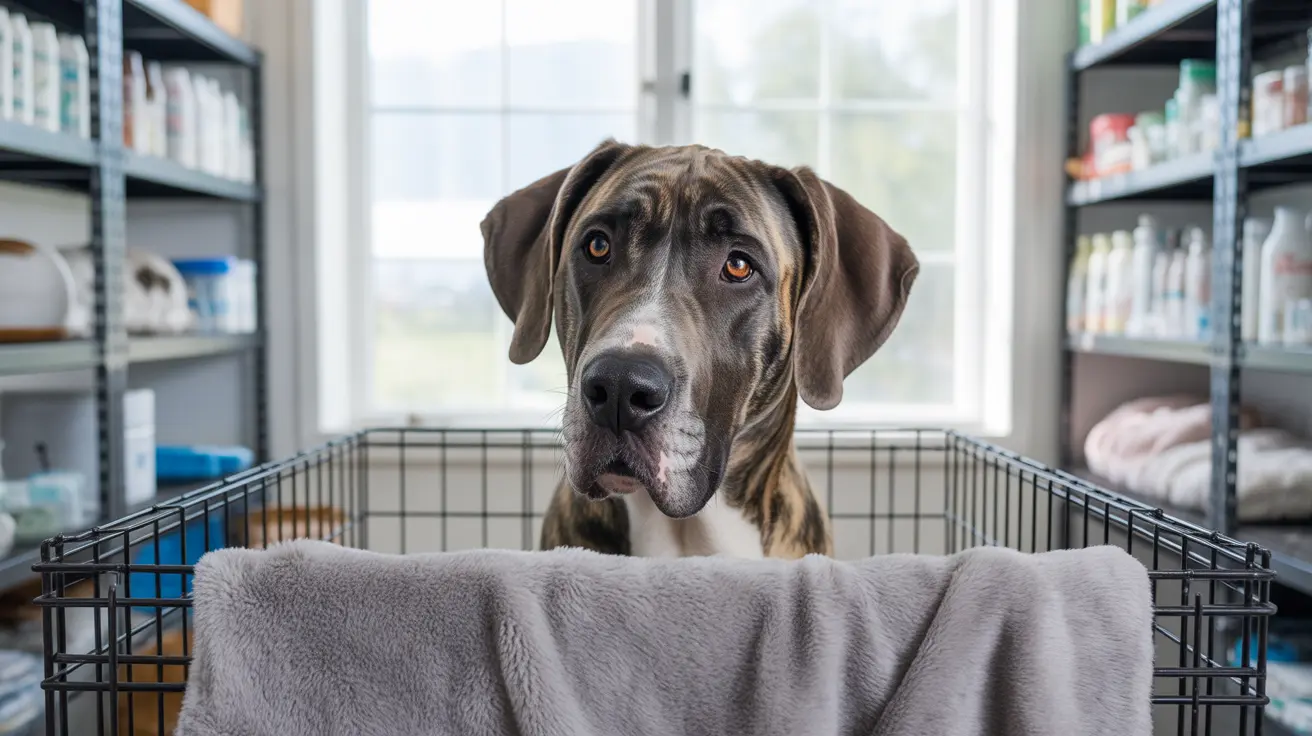For pet owners seeking dog itch relief, finding effective alternatives to medication can be challenging. While steroids and Benadryl are common treatments, many natural remedies can provide significant comfort to dogs suffering from itchy skin. This comprehensive guide explores proven home solutions that can help soothe your pet's discomfort safely and effectively.
Understanding the various options available for treating your dog's itchy skin is crucial for providing the best care possible. From simple household ingredients to specialized natural treatments, there are numerous ways to address this common canine concern without relying solely on conventional medications.
Creating an Effective Homemade Dog Anti-Itch Spray
One of the most practical solutions for treating your dog's itchy skin is creating a natural anti-itch spray at home. These DIY solutions can be both effective and gentle on your pet's sensitive skin.
A basic recipe combines equal parts water and apple cider vinegar, which has natural antimicrobial properties. For enhanced effectiveness, you can add a few drops of chamomile tea or aloe vera juice to the mixture. Always test the spray on a small area first to ensure your dog doesn't have any adverse reactions.
Essential Oil-Based Solutions
When making a homemade anti-itch spray, certain essential oils can provide additional benefits. Lavender oil, known for its calming properties, can be added in small amounts (2-3 drops per cup of solution). Similarly, calendula oil offers natural anti-inflammatory benefits that can help soothe irritated skin.
Natural Topical Treatments for Dog Itch Relief
Beyond sprays, several topical treatments can provide immediate relief for itchy skin. Coconut oil, for instance, offers both moisturizing and antimicrobial properties when applied directly to affected areas.
Oatmeal Bath Therapy
Colloidal oatmeal baths are particularly effective for providing widespread relief. To prepare one, grind plain oatmeal into a fine powder and add it to lukewarm bathwater. Let your dog soak for 10-15 minutes for maximum benefit.
Dietary Approaches to Skin Health
Sometimes, the key to managing skin itchiness lies in addressing internal factors through diet. Adding omega-3 fatty acids to your dog's diet can help reduce inflammation and improve skin health from the inside out.
Probiotics and digestive enzymes can also play a crucial role in maintaining healthy skin by supporting proper gut function and immune system response.
Frequently Asked Questions
How do I make a homemade dog anti-itch spray using natural ingredients like chamomile and apple cider vinegar?
Mix equal parts water and apple cider vinegar in a spray bottle. Add 2 tablespoons of brewed chamomile tea per cup of solution. Spray directly onto affected areas, avoiding open wounds or raw skin.
What are the safest and most effective natural remedies for relieving my dog's itchy skin?
The safest natural remedies include colloidal oatmeal baths, coconut oil applications, and diluted apple cider vinegar sprays. Always patch test new treatments and consult your veterinarian before starting any new treatment regimen.
Can oatmeal baths really help soothe my dog's skin itchiness and how do I prepare one at home?
Yes, oatmeal baths are very effective. Grind 1 cup of plain oatmeal into a fine powder, add to warm bathwater, and let your dog soak for 10-15 minutes. The natural compounds in oatmeal help reduce inflammation and soothe irritated skin.
Is it safe to use apple cider vinegar spray on my dog's itchy skin, and how should it be applied?
Apple cider vinegar is safe when properly diluted (1:1 with water) and applied to healthy skin. Never use it on open wounds or raw areas. Apply using a spray bottle or soft cloth 2-3 times daily.
What dietary changes or supplements can help reduce my dog's skin itchiness and improve their coat health?
Adding omega-3 fatty acids, probiotics, and zinc supplements can help improve skin health. Consider switching to a limited-ingredient diet to identify potential food allergies. Always consult your veterinarian before making significant dietary changes.
Remember that while these natural remedies can provide significant relief, persistent or severe skin issues should always be evaluated by a veterinarian to ensure proper treatment and rule out underlying conditions.






